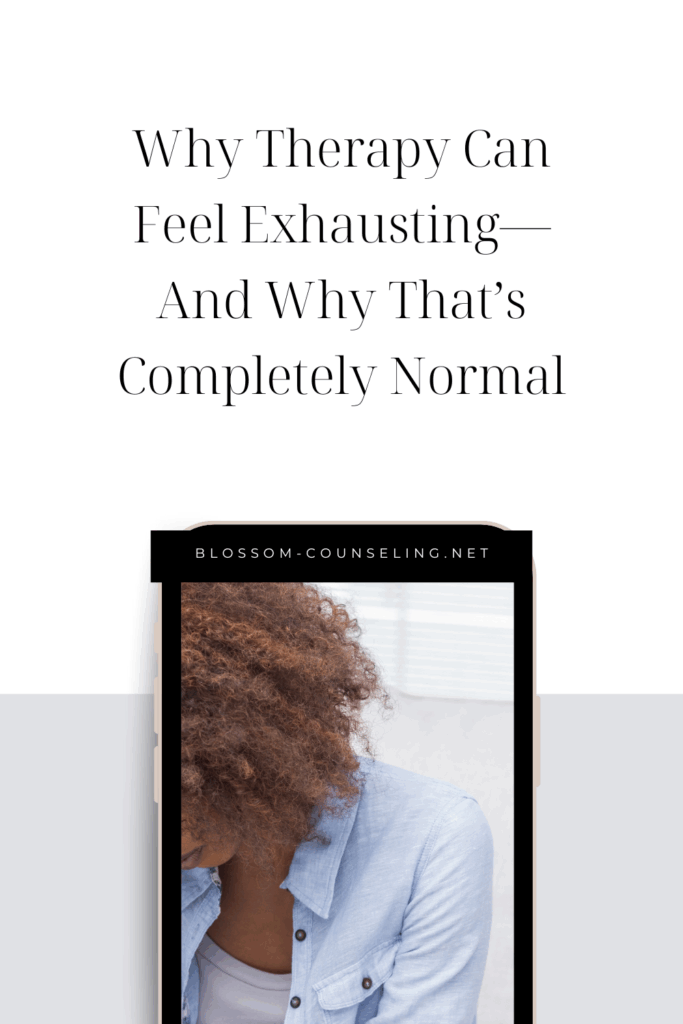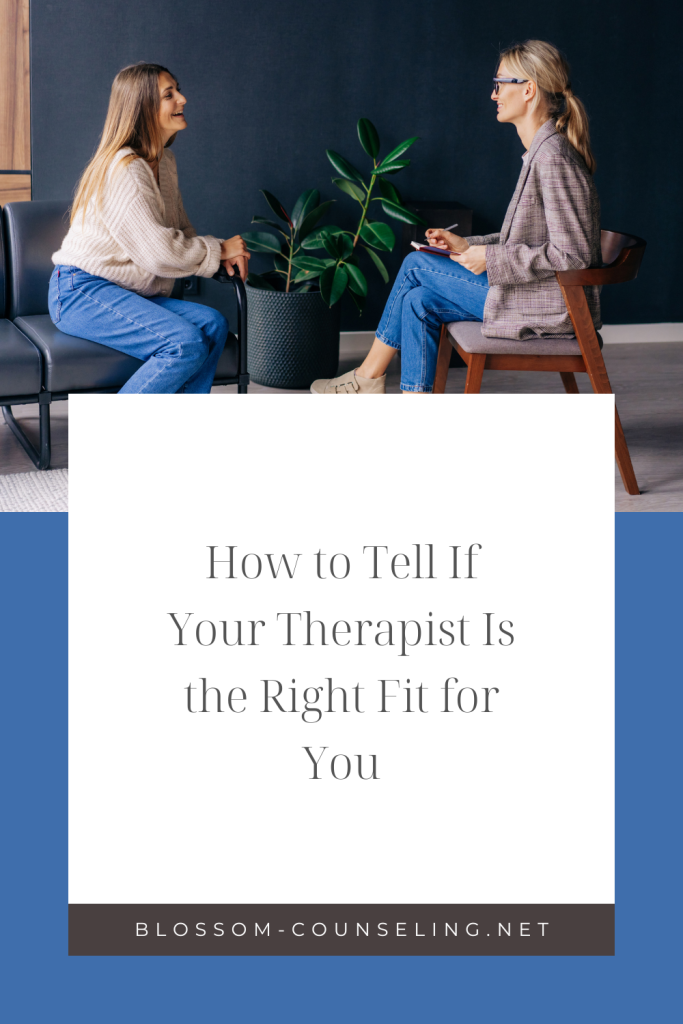
Therapy is often painted as a relaxing escape—a space to unwind, unload your worries, and feel refreshed. While that’s true (therapy can be wonderfully restorative), it can also be surprisingly exhausting. But why? Aren’t you supposed to leave sessions feeling lighter, not drained?
The truth is, therapy can feel tiring for a very good reason. You’re essentially giving your emotional and mental muscles a rigorous workout each session. Just like hitting the gym, your mind and emotions require energy to unpack deep-rooted feelings, confront patterns you might have ignored, or revisit tough experiences from the past.
Let’s break it down a bit.
It’s an Emotional Workout
Think of therapy as a session at the emotional gym. You’re actively engaging with thoughts, feelings, and memories you usually keep tucked away. Maybe you’re uncovering things you’ve avoided or discovering emotional triggers you didn’t realize you had. This introspective work demands energy and focus. If you’ve ever felt exhausted after sorting through a cluttered closet, imagine doing the same with your emotions—it’s intense!
This process is called emotional labor, and it’s completely normal to feel tired afterward. Your brain is actively creating new pathways as you learn healthier ways to cope or respond. It’s doing heavy lifting behind the scenes, and just like your body feels fatigued after physical exercise, your mind needs rest and recovery, too.
Facing Uncomfortable Truths
Another reason therapy can feel exhausting is that you’re confronting uncomfortable truths or memories you might have spent years avoiding. It’s not easy to dive into tough conversations, especially when they involve things you’ve kept hidden even from yourself. Opening up and being vulnerable in front of another person—even if that person is a compassionate therapist—can be emotionally draining. Remember, vulnerability isn’t weakness; it’s courage in action, and it naturally requires more energy.
Mental Health is Work (Good Work!)
You’re also often tasked with trying new coping strategies, mindfulness techniques, or behavioral experiments. While these are helpful, adopting new habits requires mental effort, especially in the early stages. You’re actively breaking old patterns and building new ones. This cognitive restructuring takes energy. It’s your mind’s equivalent of running a mental marathon—you’re bound to feel tired!
Plus, therapy isn’t just about confronting difficult issues. It can also mean celebrating progress or accepting difficult truths. Adjusting to a new way of seeing yourself or your relationships takes considerable mental energy, even when the outcome is positive.
Why Your Body Responds, Too
Interestingly, mental exhaustion often manifests physically. You might feel sleepy, tense, or even physically drained after therapy. Our emotions and bodies are deeply connected. When you process heavy feelings, your body can respond by releasing stress hormones, causing physical sensations of tiredness. It’s similar to how you might feel physically spent after an intense emotional conversation with a close friend or family member.
It’s Normal—and a Good Sign!
Feeling exhausted after therapy is actually a good sign! It means you’re doing meaningful, productive work. You’re digging deeper into your thoughts, emotions, and experiences, ultimately paving the way for growth, healing, and lasting change.
So if therapy leaves you feeling wiped out sometimes, take heart. It means you’re truly engaging in the therapeutic process, and your mental health is getting the attention it deserves. Be patient and gentle with yourself after sessions—your mind deserves some rest after all that heavy lifting.
Our team of compassionate therapists is here to help you find the support you need. We believe in a holistic approach, treating your mind, body, and spirit. With a blend of traditional and alternative therapies, we tailor your experience to meet your unique needs. At Blossom, we create a non-judgmental space where you can be your authentic self. Our goal is to empower you, amplify your strengths, and help you create lasting change. Together, we’ll navigate life’s challenges and help you bloom, grow, blossom! You deserve to become the best version of you.




